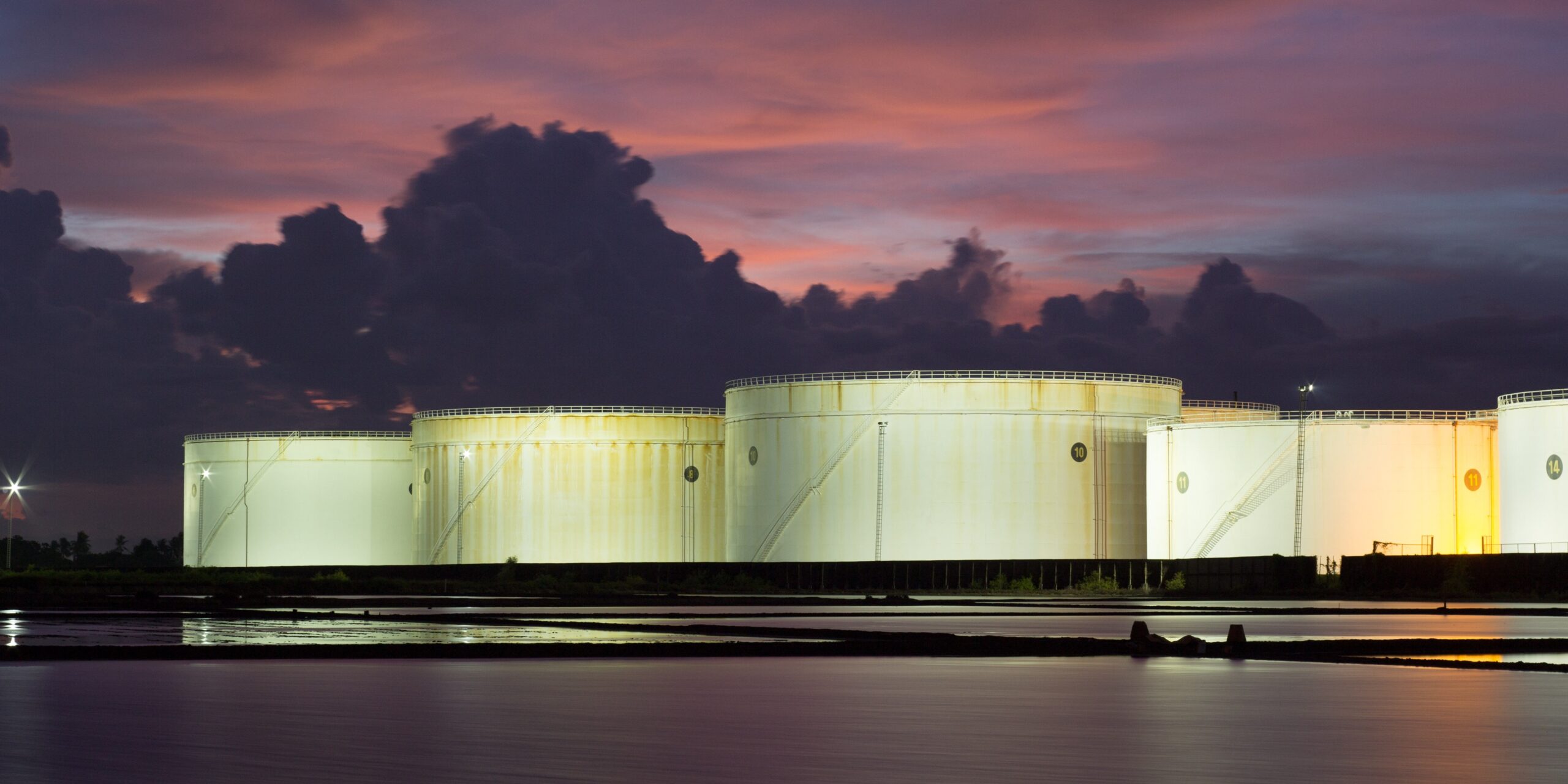Peter Vucins, the Group CEO of Global Energy Storage, recently shared insights on the costly yet crucial realities that need to be acknowledged for a successful large-scale transition to sustainable energy. To meet Net Zero targets, the challenges and obstacles on this journey must be recognised and addressed.
Vucins emphasised the significance of energy transition and the commitment of Global Energy Storage to develop the necessary infrastructure for customers to adopt sustainable and low-carbon energy practices. However, he also highlighted the need to confront the challenges associated with this transition.
Perhaps the major and best-known challenge is the high level of carbon dioxide emissions from the use of fossil fuels. The average EU citizen is responsible for approximately 7.8 metric tonnes of CO2 emissions annually, while the global average stands at around 4.7 metric tonnes per person, resulting in a staggering 37 billion metric tonnes of emissions per year worldwide. Considering the overall impact of greenhouse gases, the global CO2-equivalent emissions reach a staggering 55 billion metric tonnes annually. To tackle these emissions, substantial investments are required, necessitating global and national initiatives and a long-term commitment.
He also acknowledged the criticism faced by oil majors and other entities for their environmental implications. However, he emphasised the need for a legal framework and economic incentives to drive progress across all fronts and ensure the feasibility of achieving net zero by 2050.
Highlighting the findings from DNV’s Energy Transition Outlook 2023 report, he noted that the energy transition has stalled, with renewables only meeting the growing energy demand instead of completely replacing fossil fuels. This underscores the need for continued innovation and potential breakthroughs in contentious technologies like nuclear power to shape the trajectory of the energy transition.
While there is abundant private capital available for investment in sustainable energy solutions, Vucins stressed the importance of balancing risks and rewards. He estimated that as much as USD 100 trillion might be needed over the next few decades, and higher energy costs may be unavoidable, especially during the initial phases of the transition. Implementing measures like a carbon tax on consumption can create a level playing field between sustainable energies and polluting fossil fuels, enabling the necessary capital infusion into new energy investments and infrastructure. Vucins emphasised the collective contribution and effort required for a successful energy transition.
GES aims to develop the next generation of energy storage assets and facilitate the use of low-carbon fuels such as blue and green ammonia and hydrogen carriers. However, the markets for these energies are still developing, and technological solutions and price support mechanisms will be critical for final investment decisions. Vucins also highlighted the role of other fuels like LNG and LPG in reducing global emissions, emphasising the importance of energy affordability and improvements in human health, and living conditions, particularly for developing economies.
To accelerate investments in sustainable fuels and products, the CEO emphasised the need for increased support from government policies and a comprehensive understanding of the energy transition. He also stressed the importance of taking a holistic view when comparing the true costs of implementing sustainable versus conventional energies, considering factors like grid expansion, and addressing intermittency issues, in order to present an accurate picture. Naturally, the cost of pollution needs to be included in this comparison as well.
The company leader acknowledged the positive steps taken by initiatives like the US Inflation Reduction Act and the Carbon Border Adjustment Mechanism of the EU. However, he highlighted the need to consider social and economic equity, as well as the impact on the middle-earning classes who contribute tax revenue and consumption. Their long-term support is crucial for implementing legislation that sustains progress and investment in sustainable energy.
He concluded by emphasising that good intentions alone are not enough. It requires individuals and collective efforts to embrace the financial demands of the energy transition and agree on a realistic funding plan which is bound to include end consumers as well as industry. GES hopes for a resounding ‘yes’ from all stakeholders to drive the energy transition forward without delay or public pushback.
In summary, achieving a large-scale transition to sustainable energy requires acknowledging the costly realities and challenges ahead. With a collective commitment and collaborative efforts, the energy transition can be successfully navigated, leading to a more sustainable future.
For more information visit www.gesgroup.global

















